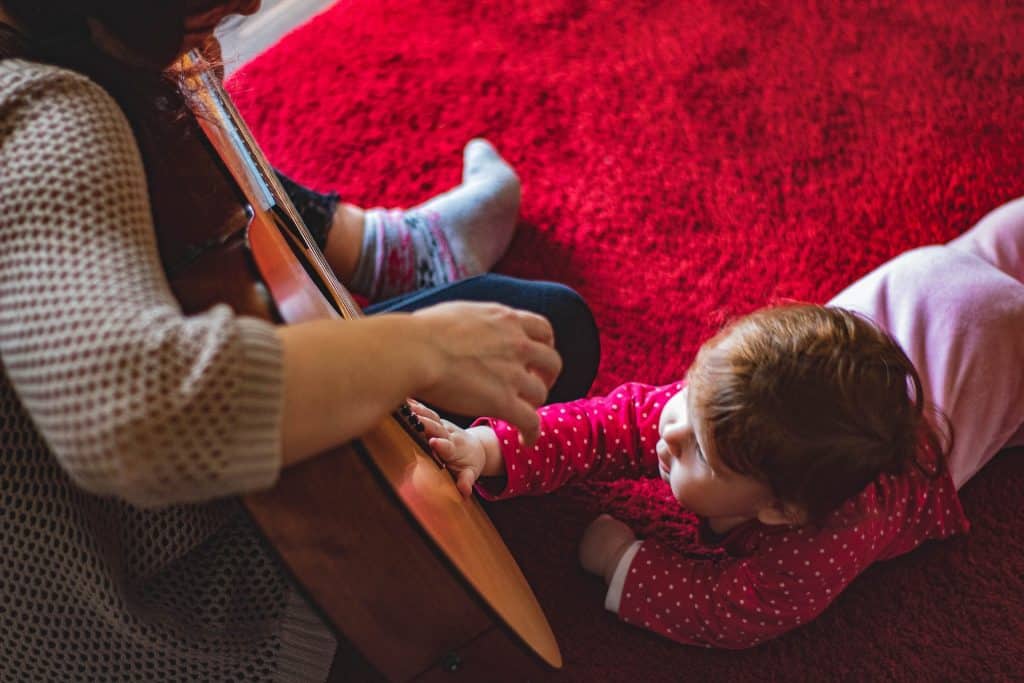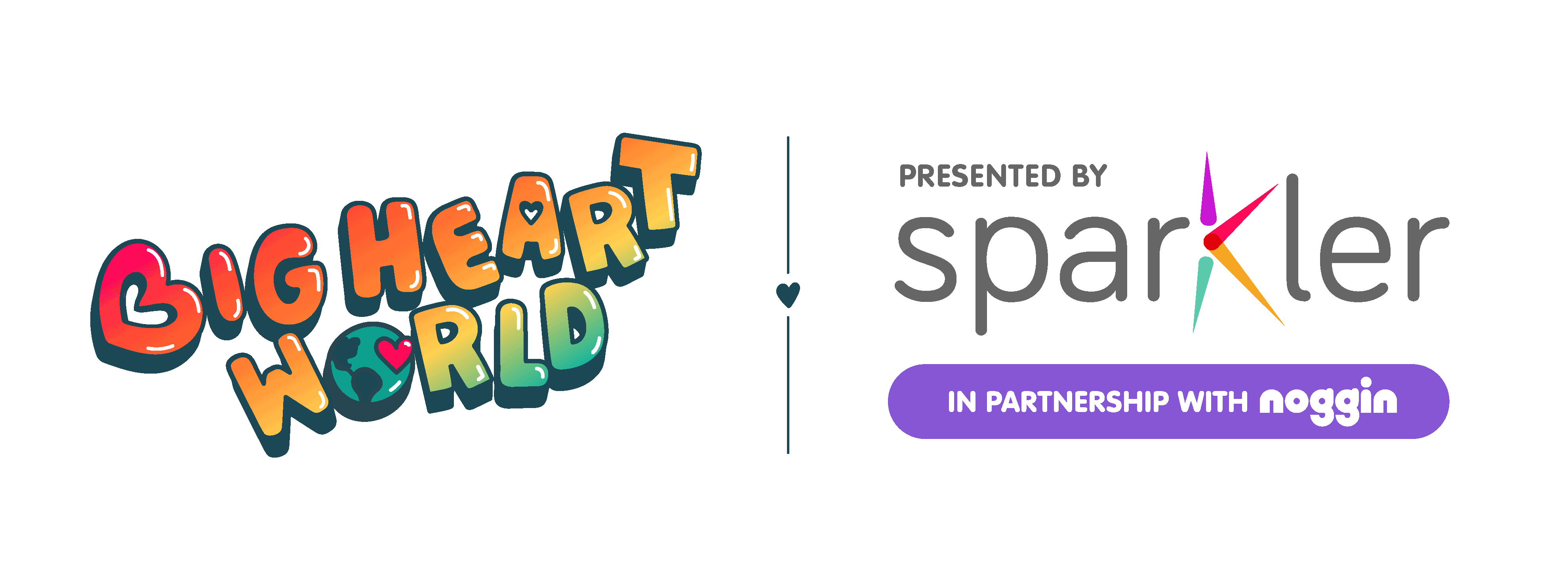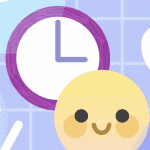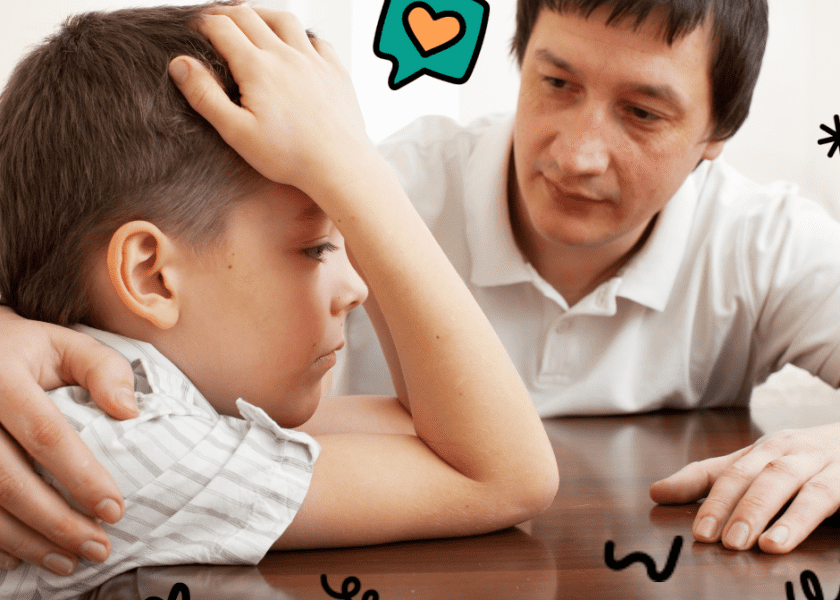Learning Music Can Grow Your Kid’s Mind AND Heart

Even before babies are born, they are listening to the sounds that surround them and learning music, and by the time they are three years old, their brains have made a thousand, trillion connections, says Dr. Eric Rasmussen, the chairman of the Peabody Preparatory’s Early Childhood Music department at Johns Hopkins University.
“Music does, almost without a doubt, improve cognitive functions — it makes you smarter,” Eric said. “But the bottom line for me is that music just makes us human, makes us the artful, beautiful people we are.”
Eric said being exposed to music and music education in the early years is a powerful tool that can build multiple parts of the brain, all at once. It can help children to develop fine motor skills; memory; problem solving skills; math and literacy skills. It can also boost social and emotional skills, including perseverance, self-esteem, and relationships with other people.

For parents, caregivers, and early childhood educators, the good news is that “learning music” doesn’t mean teaching children to count and name the musical notes. Formal instruction like that, Eric said, “gives the brain information and completely bypasses the ear.” Instead, parents, caregivers, and educators should foster “musical interactions” with children that use the ear (and the whole body) to promote meaningful learning.
5 Ways Parents and Caregivers Can Encourage Brain-Boosting Musical Interactions:
Eric shared five ways parents and caregivers can create brain-boosting “musical interactions” with their children:
- Sing to your baby without words. “Turn diapering into a song: ‘Doop-a-doop-a-doop-ba-doopity-doop,’” Eric advised. He said he encourages parents to talk in “Motherese,” a sing-song voice that is naturally musical, and to take away the words to create “songs” to share with babies throughout the day.
- Sing to your toddler without words. “The brain can’t do music and words at the same time,” Eric explained. “You have two competing things going on.” He said most children are better able to focus on the musical elements of songs without the words. So pick your favorite song and sing it without the lyrics to your child.
- Turn conversations into musical interactions. Turn your regular conversations with your child into musical interactions by focusing on patterns. When you point at a bird flying in the sky and say, “bird, bird, bird,” it’s almost like a song, Eric said: “It’s like feeding your child a little, tiny snippet of a melody.”
- Play music and sing to your child. Depending on the type of learner you have, listening to instrumental music or music with words might help them focus and learn more! So, turn on the music and play together to learn about music itself, and, later, the meaning of the lyrics.
- Get out your scarves and shakers to encourage your child to move to the music. “Movement may be more fundamental to music education than everything else put together,” Eric said. “Music gives rise to the understanding of rhythm, and rhythm is more fundamental to music than melody. Every melody has rhythm but not all songs have melody. What gives rise to understanding of rhythm is movement.”
Play the music from Noggin’s Big Heart Beats Album!




